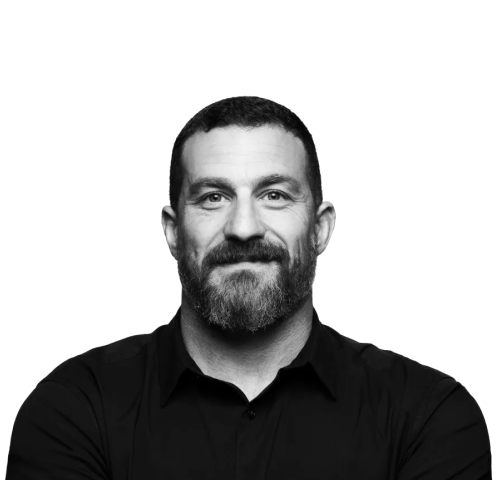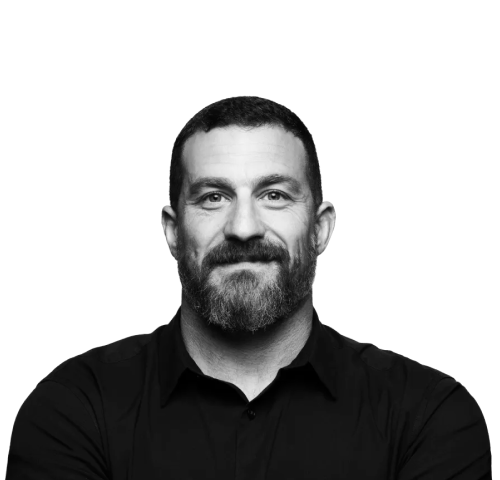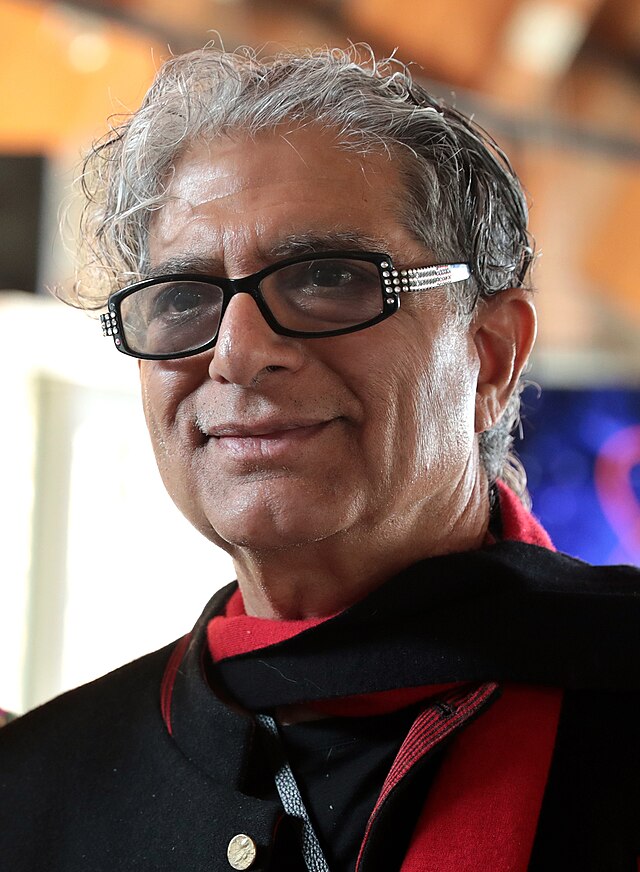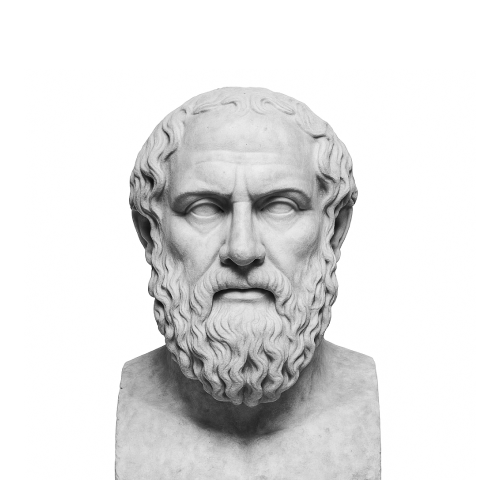Andrew Huberman’s Sleep Routine (Updated 2025)

A Guide to Optimal Rest
Andrew Huberman, a noted Stanford University professor, is well-known for his valuable insights on improving human health. His latest advice focuses on a sleep protocol designed to enhance sleep quality. It is based on solid scientific research and offers straightforward strategies aimed at improving the quality of sleep. This article on Andrew Huberman's sleep routine will discuss the simple yet effective steps he recommends for a better night's rest, drawing on his scientific research and personal experiences.
- Last Updated: December 3, 2025
-
-
Sunlight Exposure
Try to get sunlight exposure by going outside within 30 to 60 minutes of waking up. This helps set your body’s internal clock. Sunlight exposure in the morning is crucial for establishing a better sleep routine due to several key reasons such as:
- Regulates Circadian Rhythms: Sunlight exposure helps synchronize your body’s internal clock, or circadian rhythm, which controls various biological processes, including sleep.
- Increases Alertness: Exposure to natural light in the morning boosts alertness. It signals your brain to halt the production of melatonin, the hormone responsible for sleep.
- Improves Mood: Morning sunlight can also enhance mood by increasing the release of serotonin, a neurotransmitter associated with feelings of happiness and well-being.
- Enhances Sleep Quality: Regular exposure to natural light in the morning can lead to a better quality of sleep. It helps ensure that your body gets a clear signal of the distinction between night and day.
Before the sun sets, make another effort to step outside. This second exposure helps reinforce your body’s natural rhythm. If you wake up before sunrise, use artificial lights to stay alert until you can go outside.
-
Regular Sleep Schedule
A consistent sleep schedule helps establish a better sleep routine by aligning with your body’s natural circadian rhythms and promoting healthier sleep patterns. Andrew Huberman has a consistent sleep schedule as he goes to bed daily at around 10:00 – 11:00 p.m.
Here’s how it contributes to better sleep:
- Enhances Sleep Efficiency: By going to bed and waking up at the same time each day, your body becomes conditioned to this routine. This regularity helps decrease the amount of time it takes to fall asleep and reduces nighttime awakenings.
- Stabilizes Circadian Rhythms: Consistency in your sleep schedule helps stabilize your body’s internal clock. This synchronization ensures that various physiological processes, like hormone release, digestion, and cell repair, occur optimally.
- Reduces Sleep Latency: With a consistent sleep schedule, your body learns when to start winding down. The predictability reduces the time it takes to fall asleep because your system starts the production of melatonin at a predictable time.
-
Dietary Considerations
Andrew Huberman’s approach to his sleep routine includes specific dietary habits that support better sleep quality. Here’s how he manages his diet to enhance his sleep.
- Caffeine: Avoid caffeine within 8 to 10 hours of your bedtime to prevent it from affecting your sleep.
- Alcohol and Medications: Try to avoid drinking alcohol before sleeping. Also, most sleep medications can disrupt your sleep.
- Consume Carbohydrates It’s better to consume carbohydrates at night than proteins. Andrew Huberman suggests focusing more on eating starches at night.
“Drinking alcohol before sleep really screws up your sleep even if you’re not drunk.”
Dr. Huberman -
Benefits Of Consuming Carbohydrates Before Sleeping
Andrew Huberman incorporates carbohydrates in his pre-sleep diet to improve sleep quality. Let’s see how including carbs at night can be beneficial for sleep:
- Facilitates Tryptophan Availability: Carbohydrates can increase the level of tryptophan in the brain. Tryptophan is an amino acid that the body uses to produce serotonin, a neurotransmitter that is later converted into melatonin, the hormone that regulates sleep.
- Serotonin Production: The insulin spike that follows carbohydrate intake helps tryptophan reach the brain more easily. Once there, it can be converted into serotonin, which not only boosts mood but also helps regulate the sleep cycle.
- Improves Sleep Quality: Diets with adequate carbohydrate levels can lead to better sleep patterns, including more restorative, deep sleep.
“People with low-carb diets have a hard time sleeping. They have to rely a lot on supplements or medications…So in the evening, I tend to eat pasta, rice, and soups.”
Dr. Huberman -
Light Exposure at Night
- Limit Bright Lights: Between 10 pm and 4 am, avoid bright lights, especially overhead lighting. Use dimmer lights or night lights just enough to see safely. Andrew Huberman starts dimming lights at around 8:00 – 9:00 p.m.
- Blue Light: Consider wearing blue light-blocking glasses in the evening, but still keep the lighting low.
“Around eight or nine p.m. I start bringing the lights down. In fact, I have a real sensitivity to the overhead lights because I’m so used to this pattern. So, I start dimming the lights in the evening overhead.”
Dr. Huberman -
Non-Sleep Deep Rest Protocol (NSDR)
Non-Sleep Deep Rest (NSDR) refers to a variety of practices that are designed to provide the benefits of sleep without actual sleep. These techniques are aimed at inducing states of deep relaxation, which can rejuvenate the mind and body similarly to sleep.
NSDR protocols are especially beneficial for those who struggle with sleep, including people with insomnia, or for anyone who wants to enhance their relaxation and recuperation during wakeful hours.
Here’s a breakdown of some common aspects and methods associated with NSDR:
Types of NSDR Techniques:
- Yoga Nidra: A guided meditation practice that involves lying down in a comfortable position and following a set of verbal instructions aimed at inducing complete physical, mental, and emotional relaxation.
- Guided Meditation: Involves listening to guided imagery or instructions that help focus the mind and relax the body deeply.
- Autogenic Training: This technique uses visual imagery and body awareness to relax the body. Phrases like “my arms are heavy and warm” are repeated to induce a state of deep relaxation.
- Progressive Muscle Relaxation: Involves tensing and then relaxing different muscle groups in the body, which can help to achieve a state of deep relaxation and mental calmness.
Benefits of NSDR:
- Reduces Stress and Anxiety: By calming the nervous system, NSDR can significantly lower stress and anxiety levels.
- Improves Mood: These relaxation techniques can increase serotonin levels, which helps to improve mood and overall sense of well-being.
- Enhances Sleep Quality: Regularly practicing NSDR can help regulate sleep patterns and improve the quality of sleep by making it easier to fall asleep and increasing the proportion of restorative sleep stages.
- Increases Cognitive Function: Relaxation and reduced stress can lead to improved concentration, memory, and problem-solving skills.
Implementation:
- NSDR can be practiced at any time of the day but might be particularly effective during times when you feel the need to calm down or before bedtime to prepare for sleep.
- Sessions can vary in length, typically lasting between 10 to 30 minutes. You can use the Reveri App to prepare for your sleep routine.
“One of the most powerful tools that has come into my life in the last decade is a practice that I call non-sleep deep rest (NSDR). You can do NSDR the first thing in the morning if you ever wake up and do not get enough sleep. I often get up and feel like I did not get enough sleep. I do a 30-minute NSDR and I feel terrific as if I got a full night’s sleep.”
Dr. Andrew Huberman -
Andrew Huberman’s Sleep Supplements
Although Andrew Huberman strongly believes that behavior makes the whole difference when it comes to sleep and says, “Behaviors rewire your nervous system”, he also understands the importance of supplements as they help the system react at the moment. He has a sleep coctail of supplements that enhances his routine.
Here’s Andrew Huberman’s sleep supplement list:
- Magnesium (either 145mg of Threonate or 200mg of Bisglycinate)
Andrew suggests taking these two types of Magnesium alternatively as part of your sleep aid. As per him, “It makes people feel a little drowsy and increases the depth and amount of their deep sleep”
- 50mg Apigenin
“While talking about Apigenin, Andrew Huberman says, “[Apigenin] acts as a bit of an anxiety-lowering compound, which is essential prior to sleep for people to essentially turn off their thinking or to be able to reduce the amount of ruminating, problem-solving, and future anticipation that they are doing, which is a requirement for falling asleep.”
- 100-400mg Theanine
Theanine, an amino acid found primarily in tea leaves, is widely recognized for its potential benefits on sleep. It is often used as a supplement to promote relaxation and improve sleep quality.
Here are several ways in which theanine can benefit sleep:
- Promotes Relaxation: Theanine helps increase levels of GABA (gamma-aminobutyric acid), serotonin, and dopamine in the brain. These neurotransmitters play key roles in regulating emotions, mood, concentration, alertness, sleep, and appetite.
- Reduces Stress and Anxiety: Theanine has been shown to have anxiolytic effects, meaning it can help reduce anxiety and stress. By mitigating the physiological and psychological responses to stress, theanine can make it easier to fall asleep and stay asleep.
Warning:
As per Huberman, if you take Theanine, “your dreams will get very vivid”. Therefore, those people who wake up in the middle of the night should avoid this supplement.
Additional Supplements
- Occasionally, 2g of Glycine
- 100mg of GABA, every once in a while
You can take these supplements about 30-60 minutes before sleep as recommended by Andrew Huberman.
You can also get Andrew Huberman’s Sleep Supplement Bundle to improve your sleep routine.
- 900mg Myo-inositol
For people who have trouble falling back asleep after waking up in the middle of the night, Andrew Huberman suggests taking Myo-inositol.
“Myo-inositol can help shorten the amount of time that it takes to fall back asleep if you wake up in the middle of the night. It has other beneficial uses as well for mood.”
Dr. Huberman -
The Optimal Sleep Supplement Stack
Andrew Huberman has a detailed approach to optimizing sleep, and one of the key parts of his strategy involves using a targeted supplement stack. Huberman has worked with Momentous to develop a combination of sleep aids that help support healthy rest and recovery. These supplements are natural, science-backed, and designed to enhance sleep quality.
Here’s a breakdown of the supplements in his Sleep Supplement Stack:
- Apigenin: A natural compound found in chamomile, Apigenin helps calm the nervous system and supports the transition into sleep. It’s best taken 30–60 minutes before bed.
- Magnesium L-Threonate: This form of magnesium helps regulate neurotransmitters and promotes relaxation, making it easier to fall asleep and stay asleep throughout the night.
- Inositol: Known for its role in balancing neurotransmitters like serotonin, Inositol supports mood regulation and helps improve sleep quality by reducing nighttime wakefulness.
- L-Theanine: An amino acid commonly found in green tea, L-Theanine reduces stress and anxiety, promoting relaxation and helping you wind down for the night.
This sleep supplement stack combines these powerful supplements—Apigenin, Magnesium L-Threonate, Inositol, and L-Theanine—to naturally enhance sleep quality. You can support better sleep and overall wellness by including them in your nightly routine.
-
Sleep Environment
The setup of your sleep environment can drastically affect how well you sleep. Andrew Huberman optimizes his sleeping area to promote a restful night.
- Cool and Dark: Keep your bedroom cool and dark for optimal sleep.
- Adjustable Bedding: Use blankets that can be added or removed as needed to maintain comfort.
- Avoid Phone Usage: Andrew Huberman avoids using his phone before bed and puts it on airplane mode. Instead, he goes for reading.
-
Disclaimer: The supplement and product details in this article reflect items Andrew Huberman has spoken about in various public settings. Please note that the linked brands may not match his personal choices. Some links are affiliate links, which help support our work at no additional cost to you. The information shared here is for general knowledge and should not replace medical advice.
-





